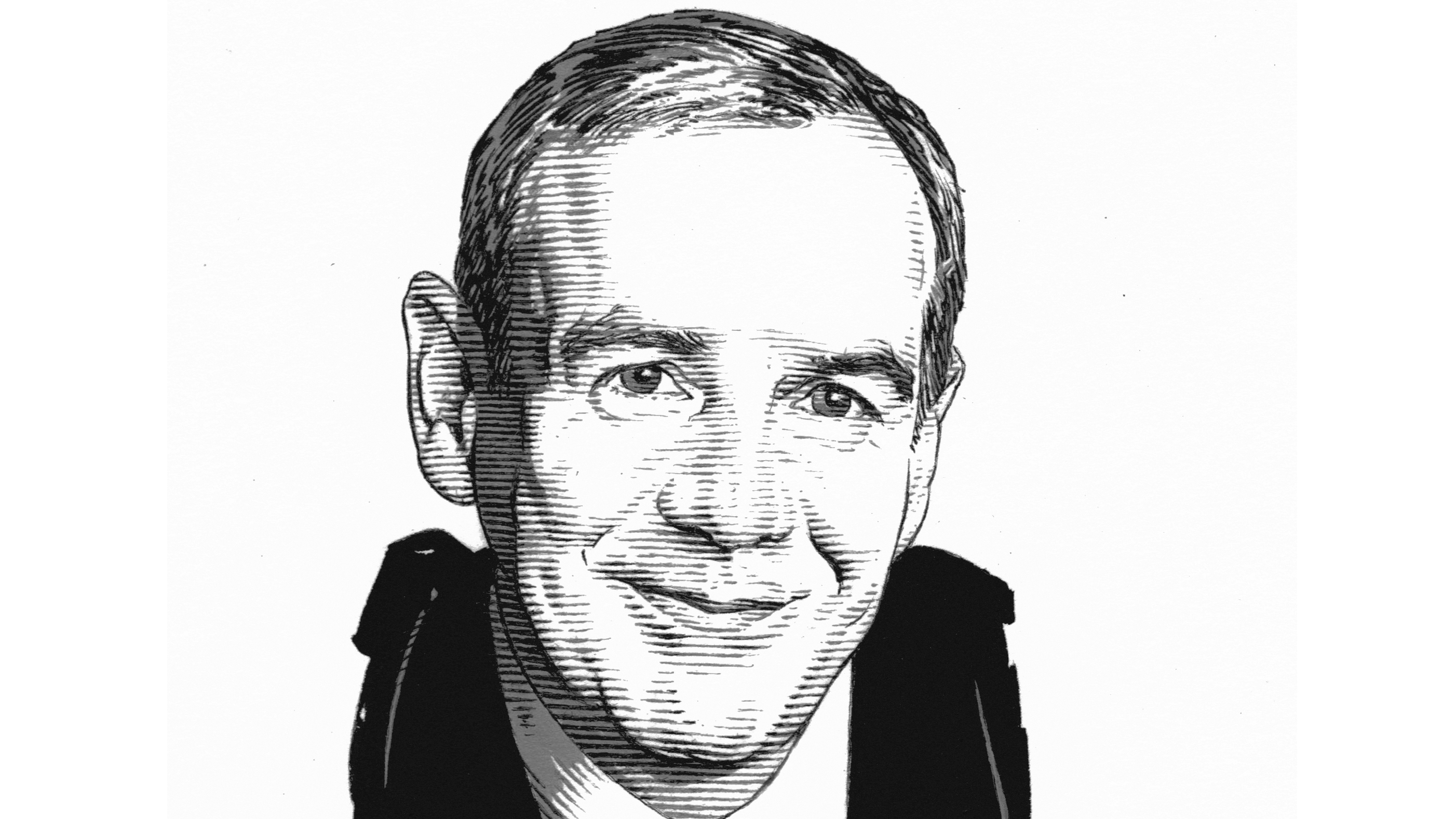How to keep those water cooler ideas flowing

As banks start to entrench home working as a permanent feature of working life, the challenge is how to maintain creativity and innovation.
Over the past few years, management consultants have been encouraging banks to embrace change rather than to resist it. To assist with this process, they have urged banks to give employees the space and freedom to come up with new ideas rather than restrain them in traditional hierarchies. Only this way, they argue, will banks be able to compete with fintechs.
Many banks have heeded the consultants’ advice and responded to these challenges. In some cases, they have even gone as far as replicating tech companies by forming staff into teams to work on specific projects within a horizontal management structure.
But how is any of this going to be possible in a post Covid-19 world if staff are increasingly working from home?
One bank leading the way in addressing post-Covid working is Standard Chartered which plans to offer flexible work options in terms of both time and place to around 90% of its 85,000 staff. This will be rolled out over three years and follows an extensive consultation with employees and a matching of their choices with the needs of the business.
The best and brightest graduates are more likely to be attracted to the hybrid home/work model
The bank has come to the firm conclusion that this does need to be done in a structured way if productivity and customer satisfaction are to be maintained. Standard Chartered has also given thought to how offices will need to be redesigned so that when workers do return, collaboration and innovation can still be fostered. They are also looking at new office space closer to where employees live rather only having them centrally located.
The bank’s group head, human resources, Tanuj Kapilashrami, told a BBC radio programme: “One of the challenges … is how to recreate watercooler moments in a hybrid world; how do we redesign our offices … [in order to] foster that collaboration and innovation as opposed to perhaps the traditional role that was played by offices.”
Some banks are taking the opposite approach and looking to get everyone back under control as soon as possible. But the best and brightest graduates are more likely to be attracted to the hybrid home/work model. Banks that rise to these challenges will put themselves further in the lead in the transformation taking place across the industry.
Brian Caplen is the editor of The Banker. Follow him on Twitter @BrianCaplen
Register to receive my blog and in-depth coverage from the banking industry through the weekly e-newsletter.


